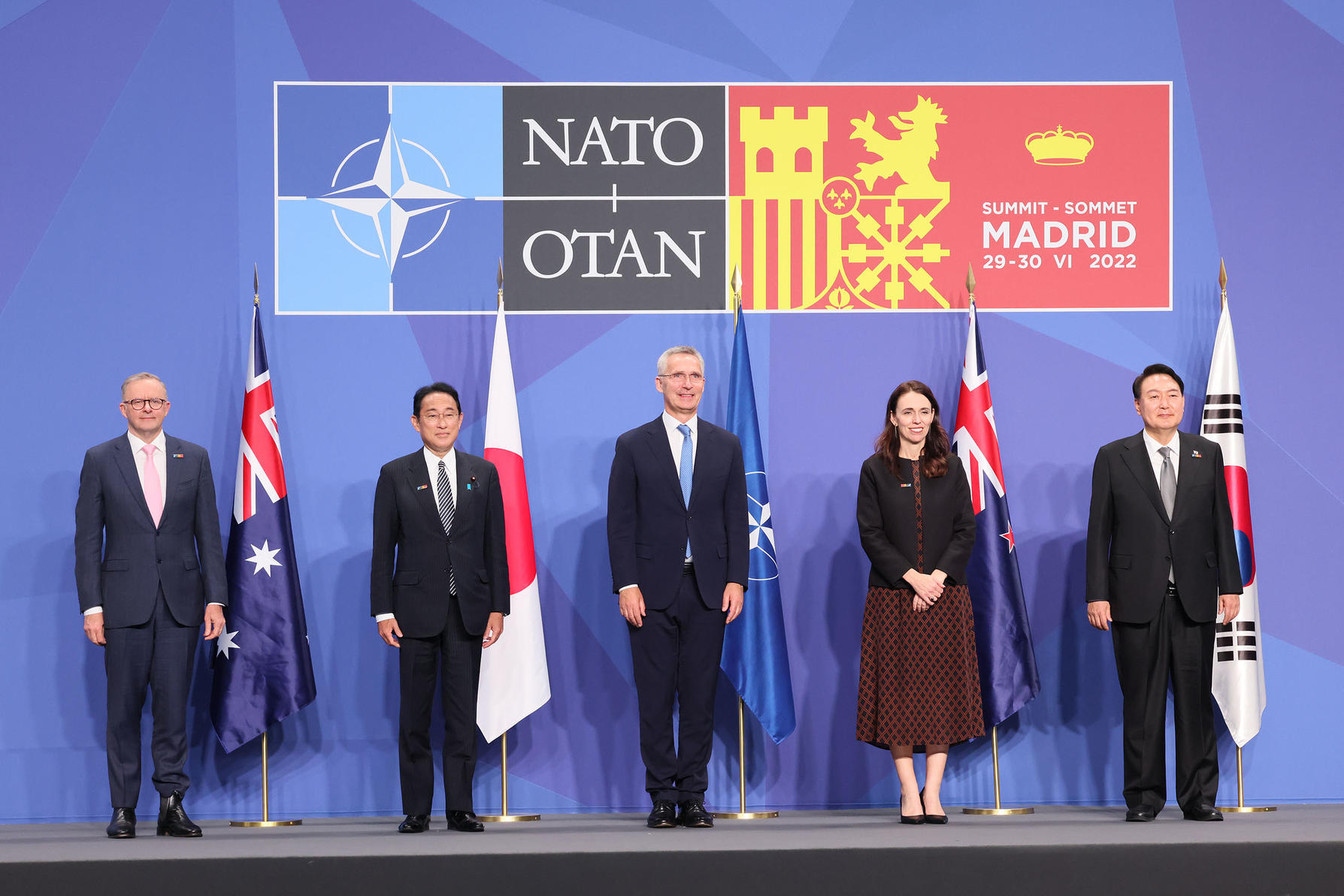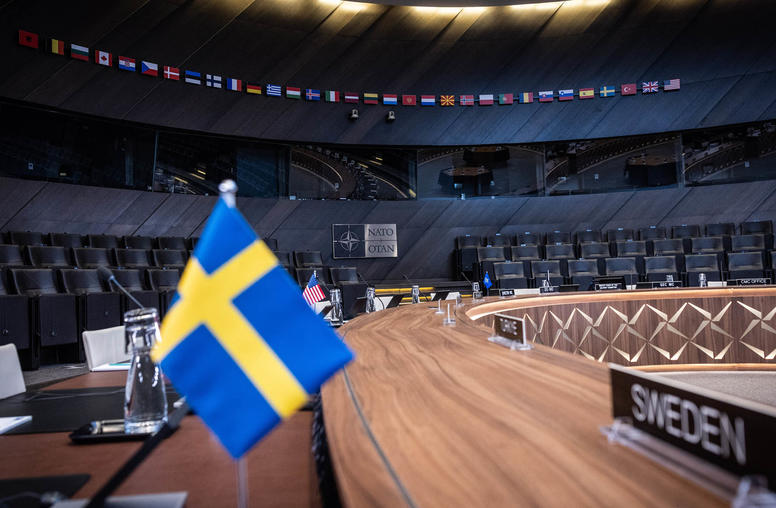Mirna Galic
Contact
Please submit all media inquiries to interviews@usip.org or call 202.429.3869.
For all other inquiries, please call 202.457.1700
Mirna Galic is a senior policy analyst for China and East Asia at the U.S. Institute of Peace. Her areas of expertise include relations between U.S. partners in Asia and Europe and how such relations enable these partners to address regional and international security issues.
Prior to joining USIP, Galic lived and worked in Tokyo in 2018 and 2019 as a Council on Foreign Relations-Hitachi International Affairs fellow at the Japan Institute of International Affairs, where she remains a nonresident senior fellow. She also spent seven years as a senior advisor with the U.S. government at both the Department of State and in the U.S. Senate. Previously, she served as a special advisor in the Executive Office of the Secretary-General at the United Nations.
Galic is the author of various works, including a series of papers on Japan-NATO relations. She holds a master’s in international relations from Princeton University and a bachelor’s in environmental studies from Stanford University.





